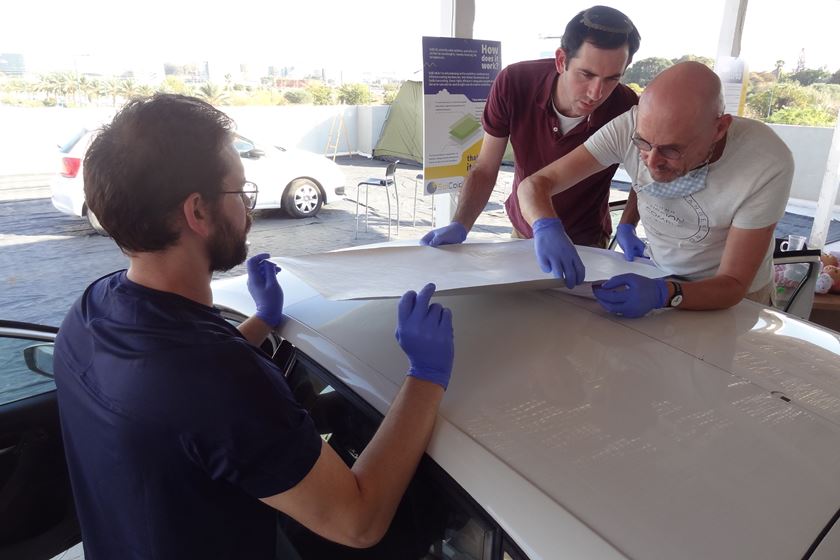This is the Best Thing You'll Ever Read
I'm going to share a very big secret with you, one that will likely get me into a lot of trouble with my fellow writers.
I'm going to share a very big secret with you, one that will likely get me into a lot of trouble with my fellow writers. In doing so, I'm betraying a centuries-old, unwritten rule as sacred as anything you'll find in "The DaVinci Code." What is this shocking secret that will have me looking over my shoulder for the rest of my life, you ask?
Writers, every last one of us, think we're the best thing since sliced cheese.
Featured Content
Now, before I proceed, some explanation is probably in order. Writers don't ALL think we're God's gift to keyboards ALL the time…most of us don't, anyway. But the truth is, when you're sitting alone in your dimly lit work area—separated from the rest of the world and all strung out on bad coffee and good cheeseburgers—it becomes very easy to believe that our writing is nothing short of the deepest, most enthralling literary masterpiece since "Paradise Lost."
I, for one, cannot begin to tell you how many times I've sat in my office in a giddy, caffeine-induced high, barely able to strike the right keys on my keyboard because I was laughing so hard at something that I wrote in a column or article, absolutely sure that it was a work of pure comedic or philosophical genius.
But inevitably, when that column or article sees the light of day a month or so later, it often doesn't seem anywhere near as witty or engaging as it did when I wrote it. On the contrary, it's usually the stuff that I gave little or no thought to while writing that usually ends up eliciting the strongest reaction from my readers.
I've concluded that the explanation for this phenomenon has to do with perspective, or the lack thereof. See, when you're isolated from outside influences, you can start to believe almost anything (anyone who's seen the film "Cast Away" knows this). It's only when you're out there in the "real world," bouncing your work and ideas off of other people and taking in their reactions that you get any legitimate sense of how something is going to be received once it's published. Too often, writers like me fail to do that.
I've found this same principle to be true for plants and job shops in our industry. In my travels, I consistently find that the companies who experience the greatest amount of success are the same ones that regularly send their managers out on the road to association meetings, trade shows and on visits to other job shops. The best shops seem to always have somebody out there, taking notes, asking questions and bouncing ideas off one another in an effort to gain some outside intelligence. Contrarily, the shops that seem unable to overcome constant, nagging problems are the ones that lead a disassociated existence, devoid of outside perspective.
The great thing about perspective is that you may not necessarily have to venture outside of your job shop to find it. The next time you're facing a challenge, or have an idea for improvement in your facility, try running it across somebody who you wouldn't ordinarily ask. You might just be surprised by what you hear.
By the way, I was just kidding about the whole "my life is in jeopardy" thing. I don't think the writing community would really try to… THWACK!...UGH!…GURGLE!… GASP!


















